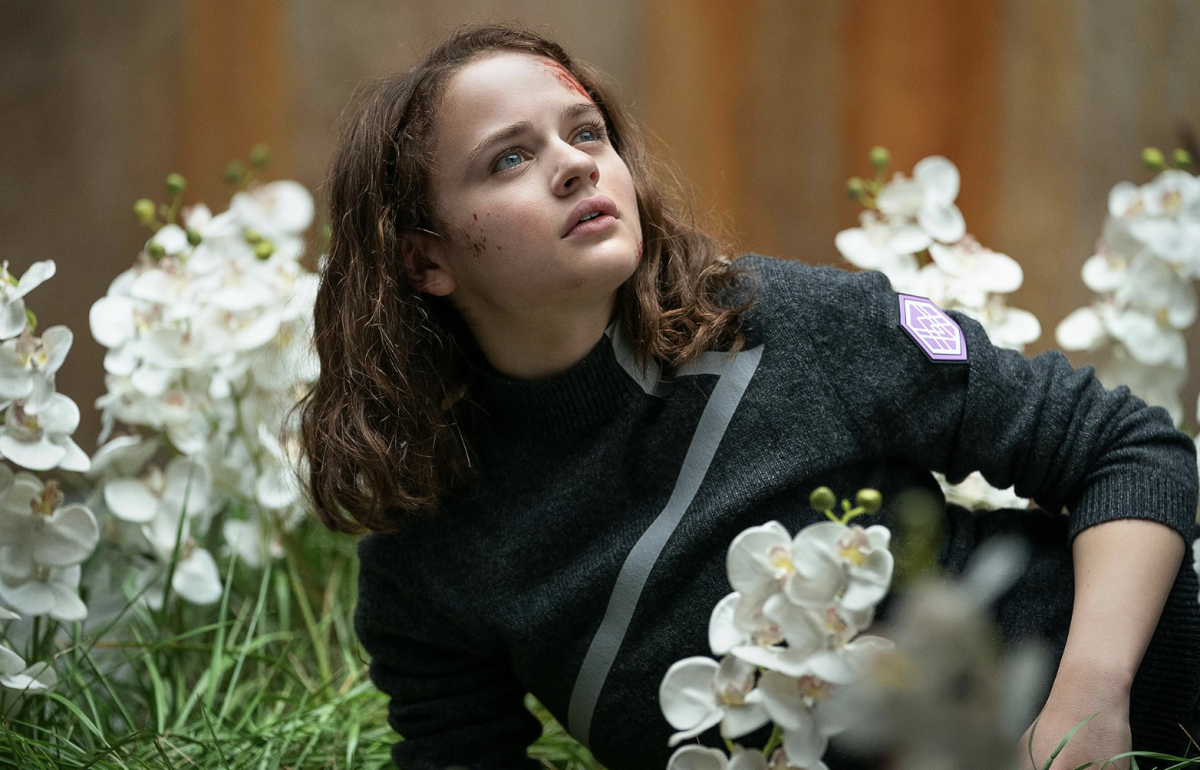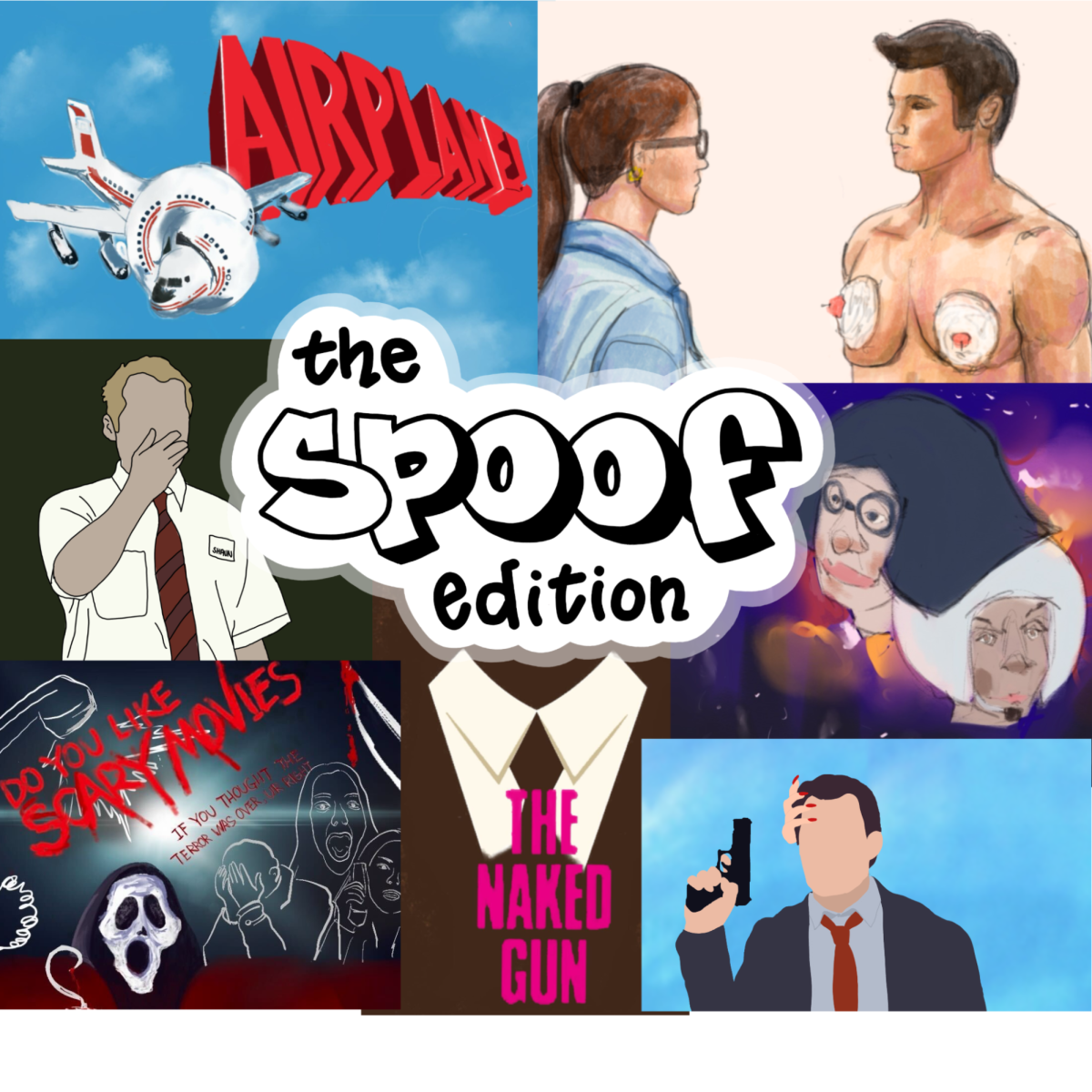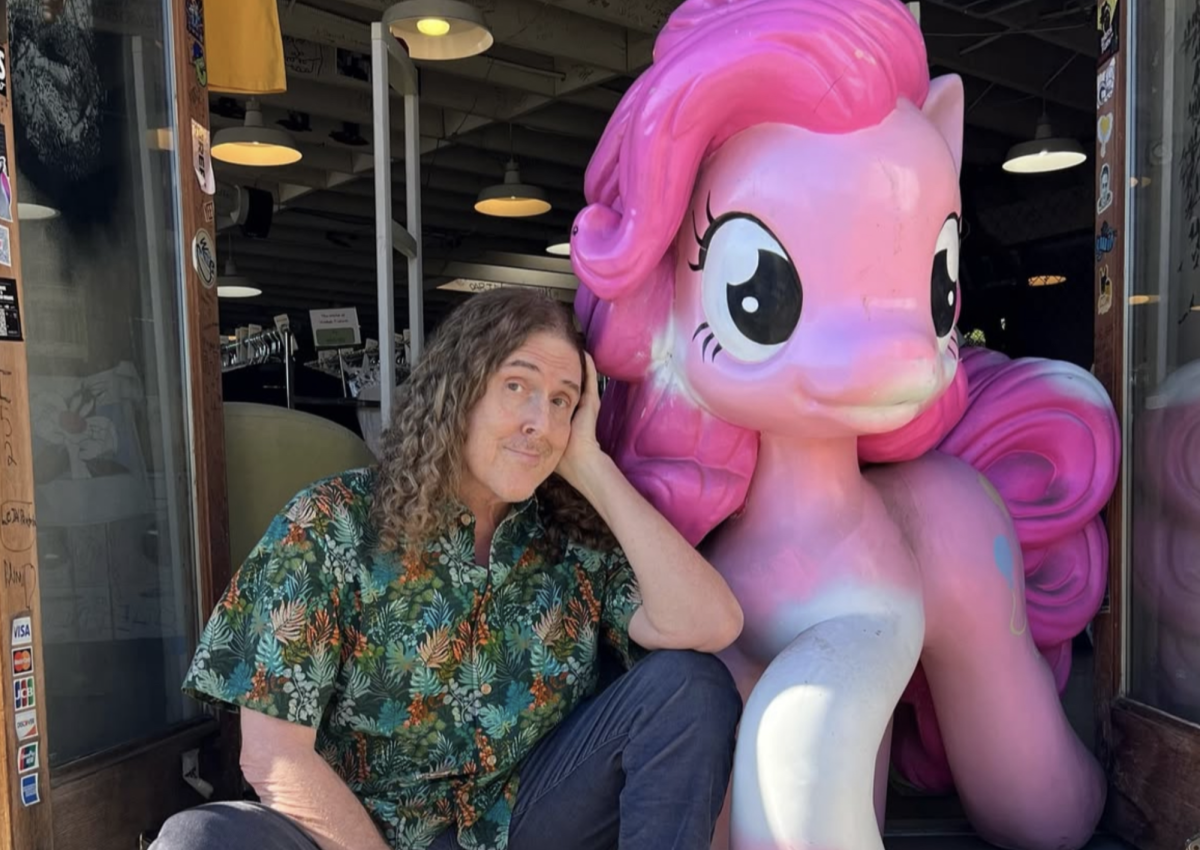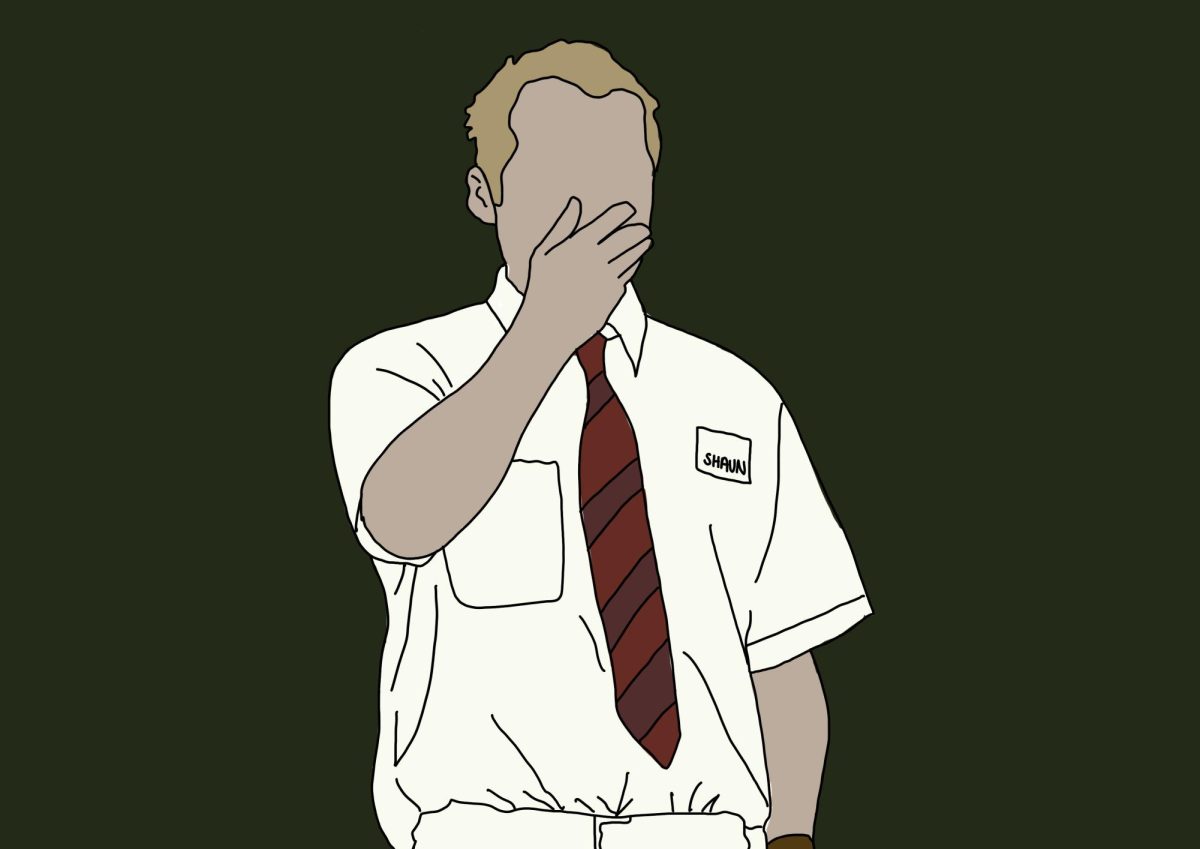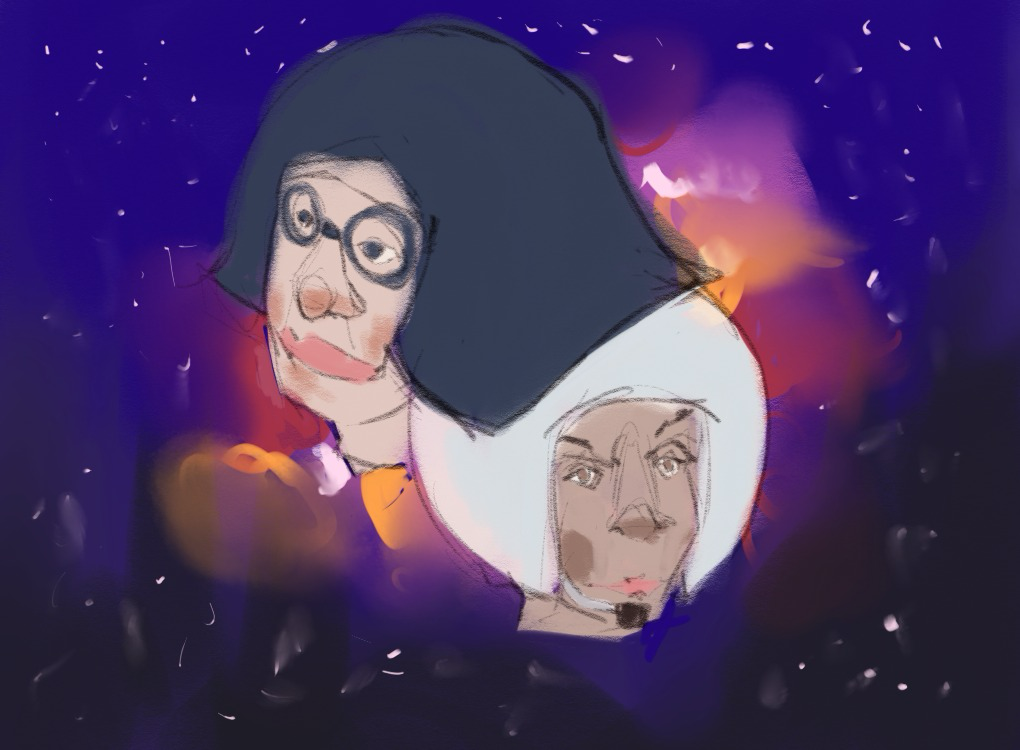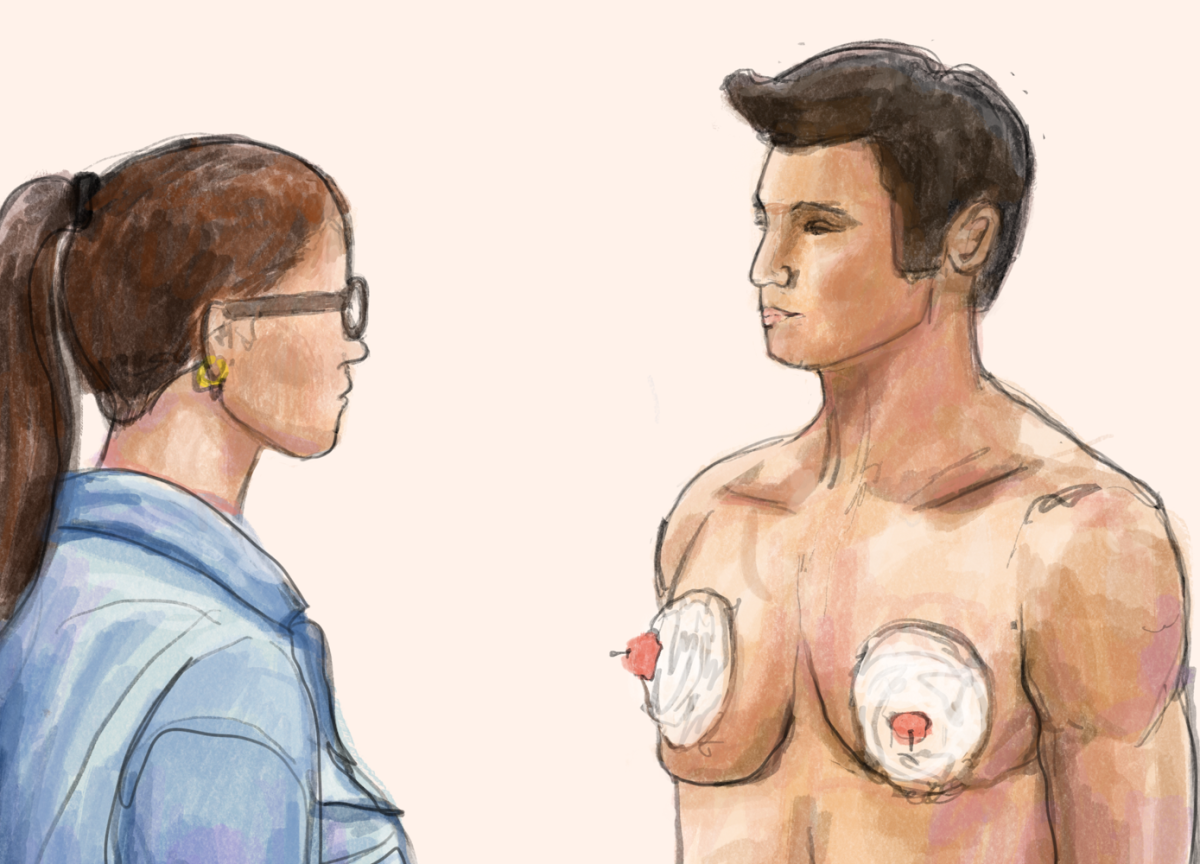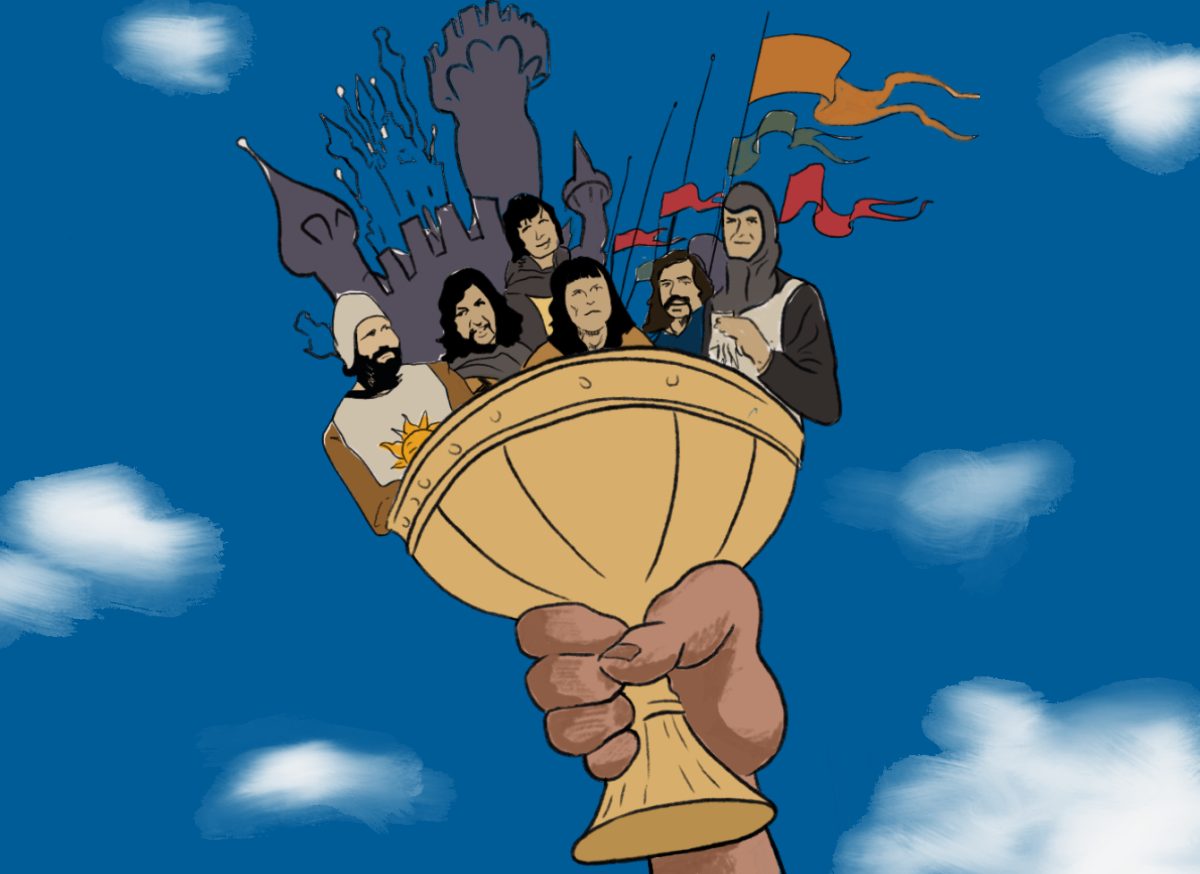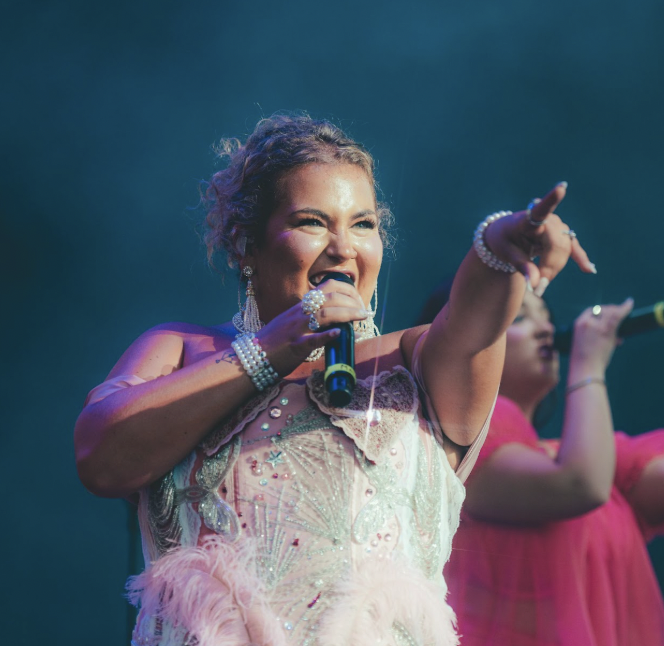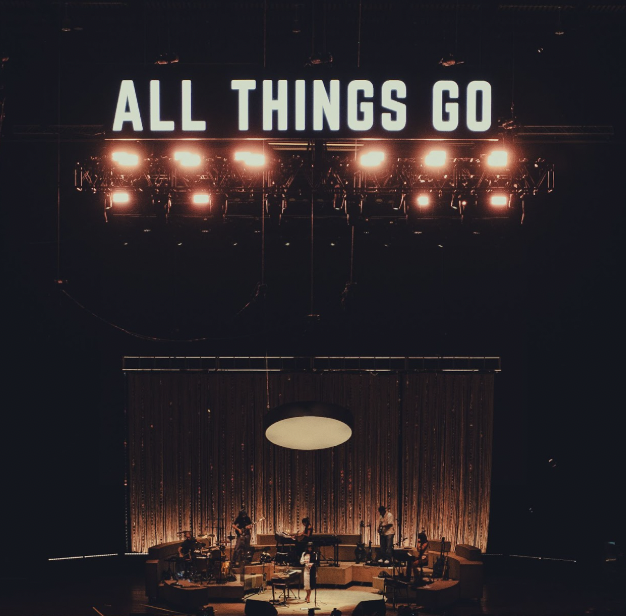
When I opened my computer to watch Netflix’s newest YA book-to-film adaptation “Uglies,” I sighed in dread. Another YA adaptation with Joey King? I could only picture King’s tragic thumbs-up Glambot incident. However, after the 100-plus minutes of the movie were up, “Uglies” had actually exceeded my low expectations. But not for the reason you think.
Based on Scott Westerfeld’s 2005 novel of the same name, “Uglies” depicts a future where teens undergo extreme cosmetic surgery when they turn sixteen so they can be a “Pretty.” Joey King plays a soon-to-be “Pretty” girl named Tally who finds herself joining the resistance to this society as she discovers the dark truths to the Pretty system. “Uglies” touches on important themes like beauty standards and — surprisingly for being based on a novel from 2005 — contains relevant commentary on toxicity in social media as well.
On the technical side, the film doesn’t completely fall through either. While some of the CGI is awkward — like in the incomplete rendering of one hoverboard skatepark scene — the futuristic architecture and action sequences of “Uglies” are pretty convincing. Many have noted how the visuals of the “Pretties” bear a striking resemblance to Snapchat’s “Bold Glamour” filter. The adaptation also clearly tries to stay as close to Westerfeld’s novel as possible, keeping to its original cliffhanger ending that suggests an unconfirmed second movie.
Where “Uglies” excels, though, is in its casting and chemistry. King makes you root for Tally, standing out against the roster of YA protagonists who often seem cliche and insufferable. King’s strong chemistry with her character’s new friend, the rebellious Shay (Brianne Tju), feels authentic and the romantic tension between King and the leader of the resistance, David (Keith Powers), seems to radiate off the screen. But despite all these good factors, there’s still something that feels cheesy, cliche and disconnected about the adaptation.
The problem? Joey King is just too good for “Uglies.”
The lower-budget, YA book-to-streaming service genre does not quite match King’s more serious performance. While it is generally good for actors to give each performance their all, watching King act in her full dramatic capacity makes it clear that she’s outgrown the typecast of YA protagonists. Instead of her talent raising the bar for “Uglies,” it primarily highlights the weaknesses of the script and plot. No longer is she the kid in “Ramona and Beezus,” nor is she the girl from “The Kissing Booth.” After seeing her shine in “Bullet Train,” where she delivered a dually girly and grisly performance as a layered, ruthless assassin daughter, it’s clear she’s capable of far more complex, challenging roles, a stark contrast to her usual typecast.
And yet, like clockwork, Netflix continues to cast her in these same kinds of YA films. While “Uglies” is not a bad YA adaptation, it is a step backward for King, who is outgrowing the repetitive projects the industry continues to throw at her. Joey King deserves more than “Uglies,” and Hollywood needs to catch up.


